|
It's great to hear about other communities that are promoting bee-friendly gardening. North-central Colorado, which includes Denver and Boulder, have started a project very similar to the Sabin Bee-Friendly Garden Project. The folks in Colorado are working on a project to "create living spaces where honey bees and other pollinators can propagate without the effects of toxic chemicals." The Bee-Safe Neighborhoods project aims to "increase safe habitats for honey bees by landscaping with safe plants (uncontaminated by neonicotinoids or systemics) that can provide pollen and nectar to pollinators through spring, summer and fall."
To participate in Sabin's bee-friendly garden project, contact Diane Benson at [email protected]. Learn more about the project here.
1 Comment
The Sabin Spring Clean-Up is a perfect opportunity to get rid of those unwanted items that are too big to put in your curbside trash or recycling. And it happens in our own neighborhood, so you save yourself a trip to “the dump.” Best of all, instead of paying fees to get rid of your stuff, you make a donation that funds projects right here in Sabin.
The Clean-Up will be held from 10 a.m. to 2p.m. on May 31 at Maranatha Church’s west parking lot. Vehicles should drive south from the corner of NE 12th Avenue and Skidmore Street, lining up on the west side of 12th to enter the parking lot. Vehicles going north on 12th from Mason Street will not be allowed to enter the parking lot. HERE’S WHAT TO BRING: Household junk, furniture, mattresses, scrap metal, appliances, microwaves, large pieces of yard debris and treated wood. There is a $10 disposal fee for computers, laptops, monitors and TVs ($20 for large-screen). REUSABLE ITEMS: If you have the following items in good, usable condition, we’ll be collecting them for donation to: * Habitat for Humanity ReStore, which takes lumber in 5-foot lengths or longer (no nails or fasteners), doors and both home and garden tools * Community Warehouse, which takes furniture, kitchenware, lamps, clean linens (sheets, blankets and towels), irons, fans, alarm clocks, canes and crutches * Tools for Troops, which accepts all manner of construction and landscaping tools, including fasteners, tool bits and replacement saw blades. Tools are given to veterans. DO NOT BRING: Tires, batteries, paint, hazardous or chemical wastes or motor oil. We will not accept any materials that are accepted in your curbside blue or green carts. PICK-UP NEEDS? We offer limited curbside pick-up service for seniors and people with disabilities. Contact Don Rouzie at 503-926-3922 to schedule. "Something insidious is happening and Portland’s traditional neighborhoods are seeing the cumulative effects of the growing epidemic of the demolition of single-family homes. There is something at work here…perhaps it’s the combination of house “flippers,” people who like closer-in locations but want a house that’s brand new…BUT how can the costs of acquisition, demolition, and new construction be anything but enormous? Perhaps that’s beside the point. What we do know is that in early-December, 2013 the city had already issued at least 230 demolition permits for the year-to-date. Residents in SE and NE Portland have sounded the alarm bells, knowing all too well that among the impacts are the continuing loss of the qualities that make up a neighborhood’s character and its physical identity."
Read the rest of the article by Cathy Galbraith at Portland Preservation blog. As of January 2014, the median home value in Sabin is $407,000, up 10.6% from a year ago. The list price per square foot is on an upward trend, as well. Data courtesy of Zillow Home Values.
Some folks in the Eastmoreland neighborhood are pushing for a change in the city code that allows homes to be demolished without any prior notice under certain conditions. The Oregonian is trying to gauge opinions on this subject. Read more on this topic and weigh in here.
“We don’t have the $800,000-to-$1-million homes that you see in Irvington and Alameda,” Clark points out. “The most expensive home on the market in Sabin right now is listed at $739,000. It’s a total rebuild, and it’s been on the market for a while.” Although Portland home sales have been brisk this summer, Sabin lacks a large inventory for agents to show. With just 11 active homes on the market in late August and 16 home sales in July, Sabin has less than one month’s inventory. The national real estate industry measures an area’s monthly inventory by dividing the number of active listings by the number of homes sold in the last 30 days.
As a comparison, the entire city of Portland has 2.8 months worth of inventory. However, economists generally consider 6 months of inventory to be a balanced market, with anything below indicating a seller's market. “That means we are a super, super seller’s market right now,” says Clark. For Sabin homeowners considering selling their homes anytime soon — or even in several years — Clark suggests talking to an agent who can advise them how to maximize their profit on a prelisting fixer-up investment. “We might suggest replacing a countertop and flooring, and adding new fixtures rather than spending $30,000 on a whole-kitchen redo,” she says. “It’s going to be difficult getting that entire $30,000 out of the sale.” Home prices are definitely up from last year. In 2012, Sabin had 106 homes sell with a median price of $368,500. The median price means half the homes sold for more and half sold for less. As of Aug. 20, Sabin’s 11 active listings had a median asking price of $475,000. Clark notes that even during the recent recession, Sabin home owners didn’t have to take much of a hit on their asking price. Her historical data shows that from January to August in 2009, Sabin homes sold for 96 percent of their asking price. During those same months this year, sellers got 101 percent of their listing price. "Sabin is a great, walk-able neighborhood, and it’s very community focused,” adds Clark, who knows the neighborhood well. She’s lived here for eight years. “Personally, I’d rather live in Sabin than in Irvington or Alameda. I like the diverse culture here.” — Susan Goracke
by Randy Ward Sabin Land Use and Transportation Committee The Portland City Council adopted the "Portland Plan" in 2012, which was developed to guide the city’s forward progress toward several challenges. One priority is to create a "healthy, connected city," in the form of higher density, service-accessible communities. Creating higher density in a city the size of Portland presents challenges that need creative solutions. The Portland Zoning Code permits the creation of Accessory Dwelling Units (ADUs) in all residential zones of the city. ADUs can be created in a variety of ways, including conversion of a portion of an existing house, addition to an existing house, conversion of a garage or the construction of an entirely new building. In essence, an additional living space is created on an already developed lot. The maximum size of an ADU may be no more than 75% of the living area of the house or 800 square feet, whichever is less. Additionally, for detached ADU's: maximum height is 18 feet; building coverage may not be larger than the building coverage of the house; and set back must be 60 feet from a front lot line or 6 feet behind the house. Some of the benefits provided by an ADU include possible rental income, accommodating growing families (think teen quarters), generational living (elderly parents or in-laws), or even downsizing for simpler living, while renting out your main house. The City has approved a 3-year extension for the System Development Charge (SDC) waiver for ADUs (conversions or new construction), previously set to expire in 2012. This waiver could save homeowners up to thousands of dollars in fees, making ADU construction even more appealing.
|
Categories
All
Archives
September 2023
|

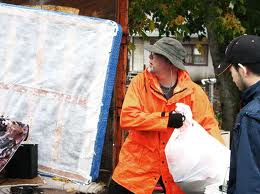
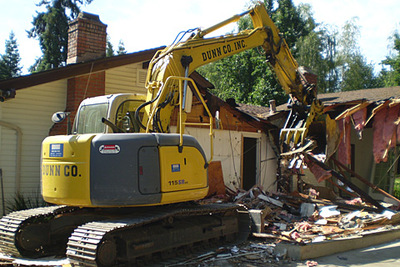
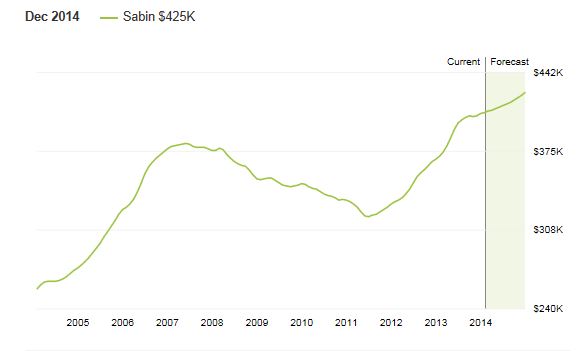
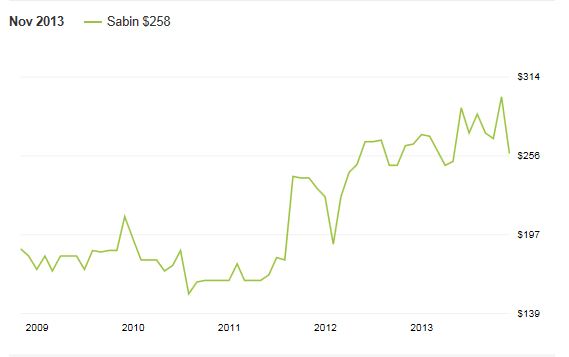
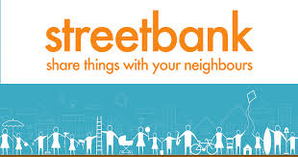
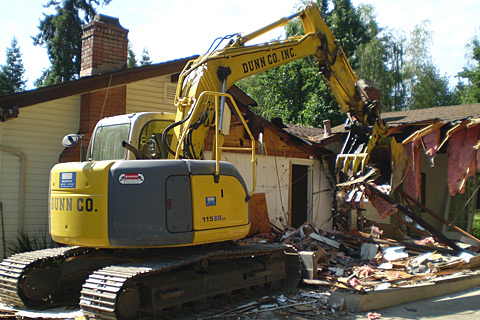
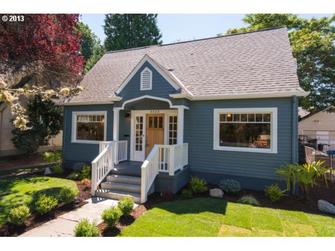
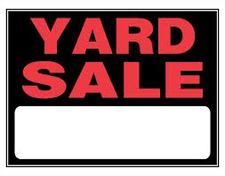
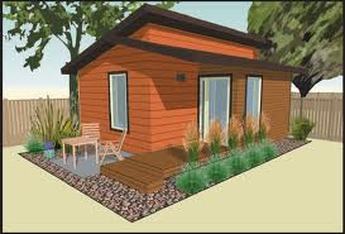
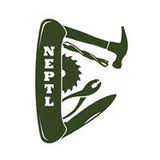
 RSS Feed
RSS Feed
